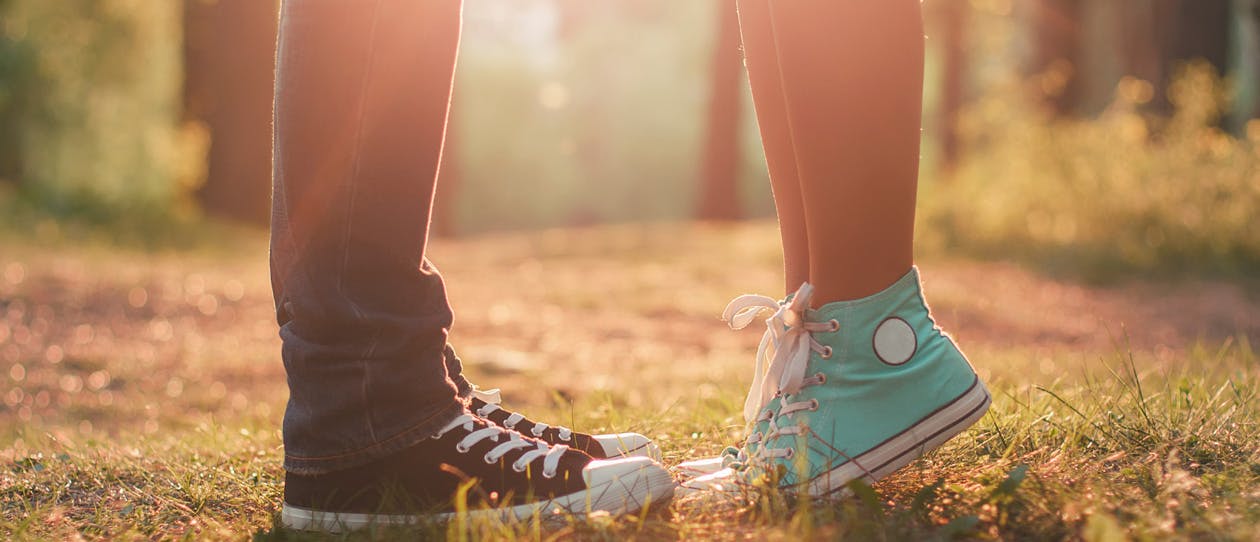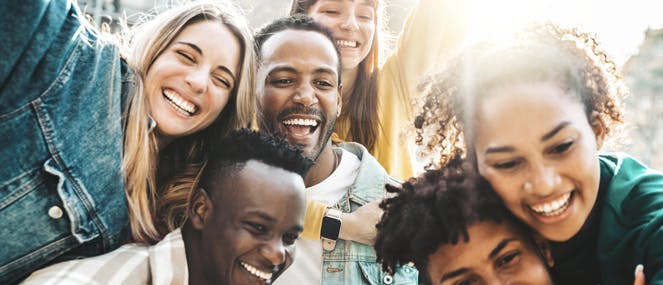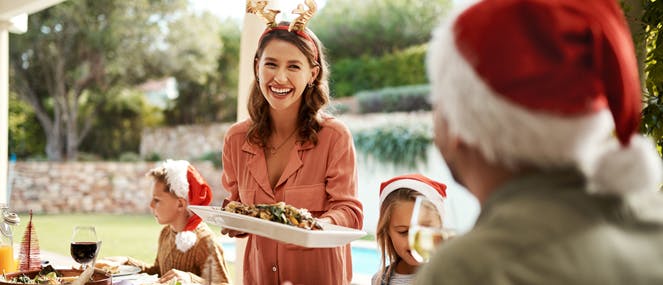
- Health hub/
- Stress relief & sleep support/
- The 2 traits of lasting relationships


Over the course of 2013 when the last national census was held, 118,962 Australians tied the knot, while 47,638 divorces were granted during the same period.
But rather than see these stats as sobering, perhaps we should ask what separates the ‘thrivers’ from the ‘divers’ when it comes to forming unions that stick.
Psychologist John Gottman starting looking at his in the 1980s when he set-up “The Love Lab” at the University of Washington with colleague Robert Levenson. .
The burning question to which an answer was sought: what types of behaviour predict divorce, or conversely, love that lasts?
LOVE 101: How to build a better relationship
The Atlantic reporter Emily Esfahani Smith interviewed John and his psychologist wife Julie, about key principles discovered they during 40 years of research.
Here are the pearls she turned up during this psychological deep-sea dive:
1. In relationships that last, couples stay physically calm in each other’s presence
The researchers divided couples into ‘masters’ and ‘disasters’ – the first group formed successful pairings, while the second group did not.When interviewed about their relationships, the researchers found that the ‘disasters’ appeared calm, but their physiology told a different story. Heart rates quickened and sweat glands became active. In other words, their bodies were preparing them to attack or be attacked.
Conversely, ‘masters’ remained calm and felt connected to each other. This translated into warm and affectionate behaviour, as opposed to that characterised by defensiveness or aggression.
2. The way couple respond to each other determines intimacy levels
In a 2005 journal article, John Gottman and researcher Janice Driver wrote that self-disclosure – sharing intimate information – isn’t the sole way to build connection and ensure a relationship survives.Instead this is also is created by the way partners respond to the ‘bids’ the other makes in order to facilitate engagement.
Bids, as Esfahani Smith explains, are requests for connection:
“For example, say that the husband is a bird enthusiast and notices a goldfinch fly across the yard. He might say to his wife, ‘Look at that beautiful bird outside!’ He’s not just commenting on the bird here: he’s requesting a response from his wife — a sign of interest or support — hoping they’ll connect, however momentarily, over the bird.
“The wife now has a choice. She can respond by either ‘turning toward’ or ‘turning away’ from her husband, as Gottman puts it.
The bottom line: ‘disaster’ couples showed a bid return rate of 33 per cent, whereas couples who remained together for six years or more had a bid return rate of 87 per cent, Gottman found.
The 2 traits that make relationships last?
Kindness and generosity!On the flip side, traits that wedge relationships apart include contempt, criticism and hostility, the Gottmans believe.
As John Gottman told Esfahani Smith: “There’s a habit of mind that the masters have… which is this: they are scanning social environment for things they can appreciate and say thank you for. They are building this culture of respect and appreciation very purposefully. Disasters are scanning the social environment for partners’ mistakes.”
And as Julie Gottman adds: “It’s not just scanning environment. It’s scanning the partner for what the partner is doing right or scanning him for what he’s doing wrong and criticising versus respecting him and expressing appreciation.”
What's your tip for lasting love?





